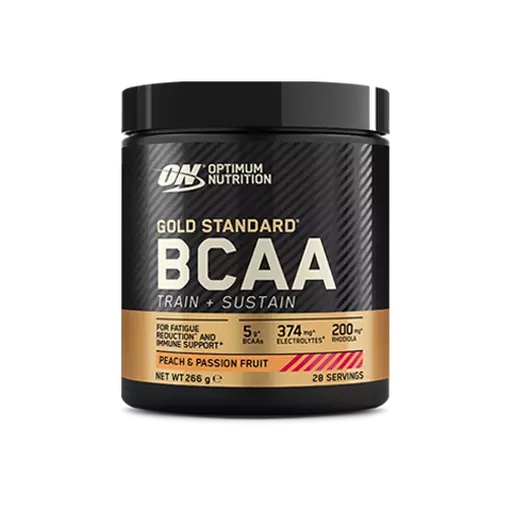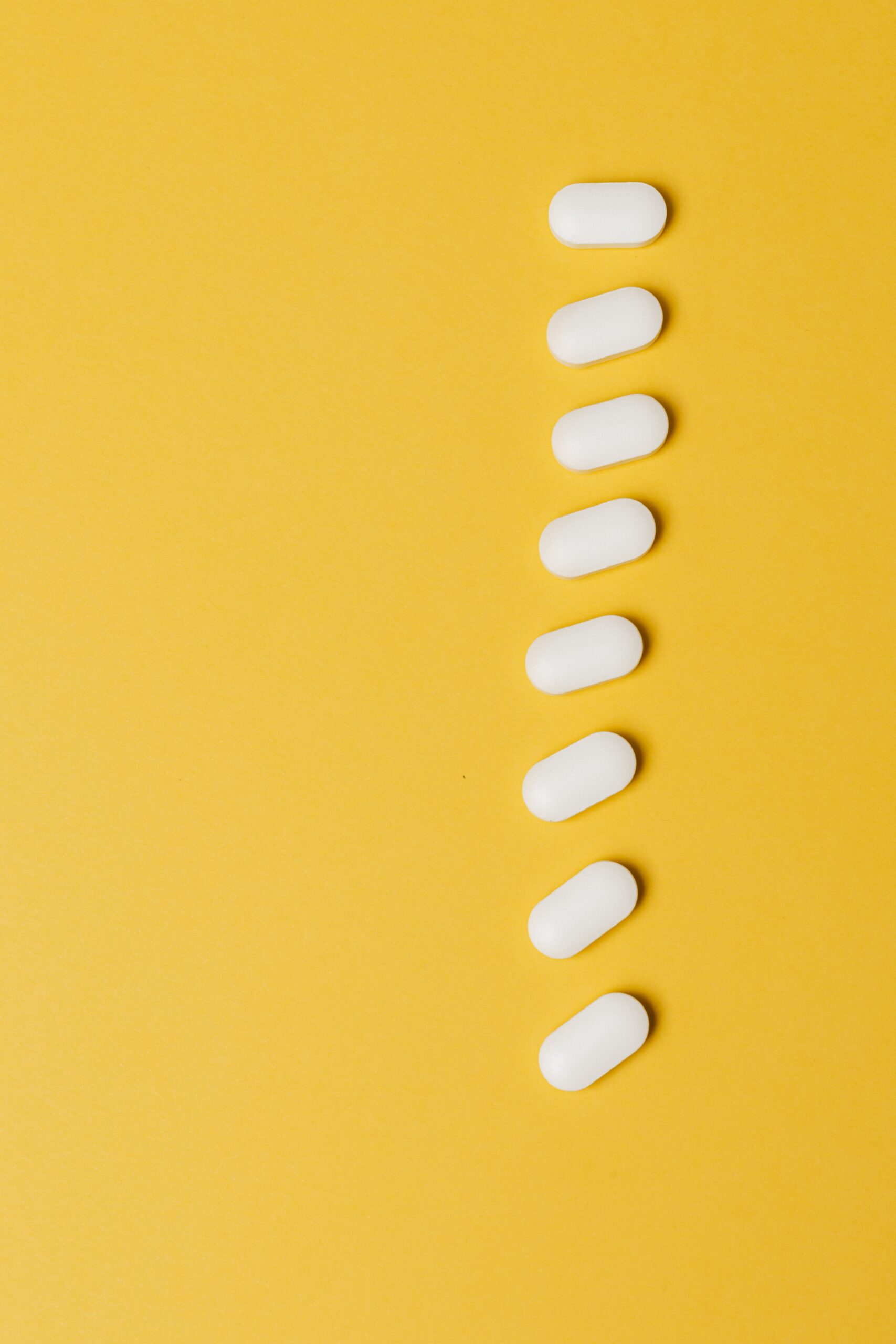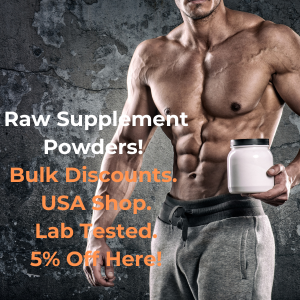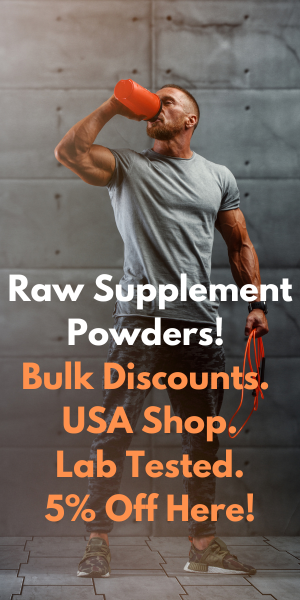The relationship between Branched-Chain Amino Acid (BCAA) supplements and testosterone is a topic that has garnered interest, especially in the context of athletic performance and muscle development.
Testosterone is a crucial hormone associated with muscle growth, strength, and overall athletic performance. While some studies have explored the potential impact of BCAAs on testosterone levels, the evidence is not conclusive, and the direct link between BCAA supplementation and testosterone enhancement remains uncertain.
- Do Preworkout Supplements Cause Heart Problems?
- Are Preworkout Supplements Safe For Teens
- Do Preworkout Supplements Cause Hair Loss
- Preworkout Supplements And Depression: Why Do They Make People Depressed?
BCAAs, comprising leucine, isoleucine, and valine, are essential amino acids that play a key role in muscle protein synthesis. Leucine, in particular, has been suggested to stimulate muscle protein synthesis by activating the mammalian target of rapamycin (mTOR) pathway. Some studies have explored the interplay between BCAAs and testosterone, with a few suggesting that BCAAs, especially leucine, may influence testosterone production.
However, the existing evidence is not consistent, and more research is needed to establish a clear connection between BCAA supplementation and testosterone levels. The influence of BCAAs on testosterone may be context-dependent and influenced by factors such as the type of exercise, the individual’s training status, and overall nutritional intake.
While BCAAs are valuable for supporting muscle protein synthesis and recovery, individuals seeking to specifically boost testosterone levels may need to explore other strategies, such as proper nutrition, resistance training, and lifestyle factors that contribute to hormonal health. As with any supplementation, it’s advisable to consult with a healthcare professional or a qualified nutritionist to determine the most effective and safe approach based on individual health goals and considerations.
Natural Ways To Boost Testosterone
Boosting testosterone levels naturally is a goal for many individuals looking to enhance muscle growth, improve energy levels, and support overall vitality. Several lifestyle factors and dietary choices can contribute to maintaining healthy testosterone levels without resorting to supplements or medications.

Buy BCAA Online
We Have Some Of The Best BCAA Supplement Out There!
Come have a look what types of BCAA we have? Shop the best BCAA! We have found the best deals! Or please feel free to read more about the many benefits of BCAA Supplements on site.
Firstly, regular exercise, especially resistance training, has been shown to have a positive impact on testosterone levels. Engaging in compound exercises like squats, deadlifts, and bench presses can stimulate the production of testosterone.
High-intensity interval training (HIIT) has also been associated with increased testosterone levels. Aim for a balanced exercise routine that includes both strength training and cardiovascular activities to maximize hormonal benefits. Shop raw supplements, bulk discount, lab tested 5% off here!
Adequate sleep is another crucial factor in maintaining optimal testosterone levels. Sleep plays a significant role in hormonal regulation, and insufficient or poor-quality sleep can negatively impact testosterone production.
Aim for 7-9 hours of quality sleep per night to support overall hormonal health. Additionally, managing stress levels is important, as chronic stress can lead to elevated cortisol levels, which may suppress testosterone production. Incorporating stress-reducing practices such as meditation, yoga, or deep breathing exercises can contribute to a healthier hormonal balance.
Nutrition also plays a vital role in testosterone production. Consuming a well-balanced diet that includes sufficient healthy fats, such as those found in avocados, nuts, and olive oil, is important. Adequate intake of zinc, vitamin D, and other micronutrients is also associated with healthy testosterone levels.
Foods rich in these nutrients include lean meats, seafood, dairy products, and fortified cereals. Adopting a holistic approach that combines regular exercise, quality sleep, stress management, and a nutrient-dense diet can naturally contribute to supporting optimal testosterone levels in the body.








